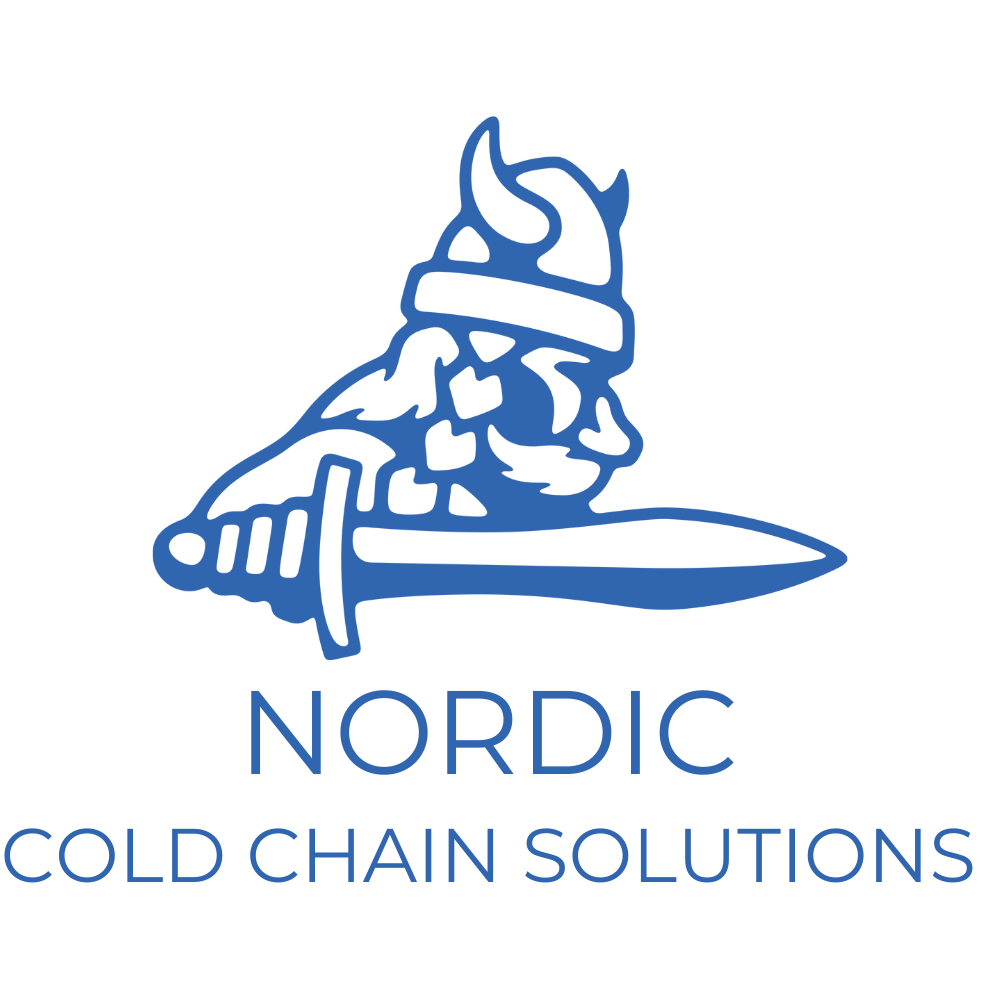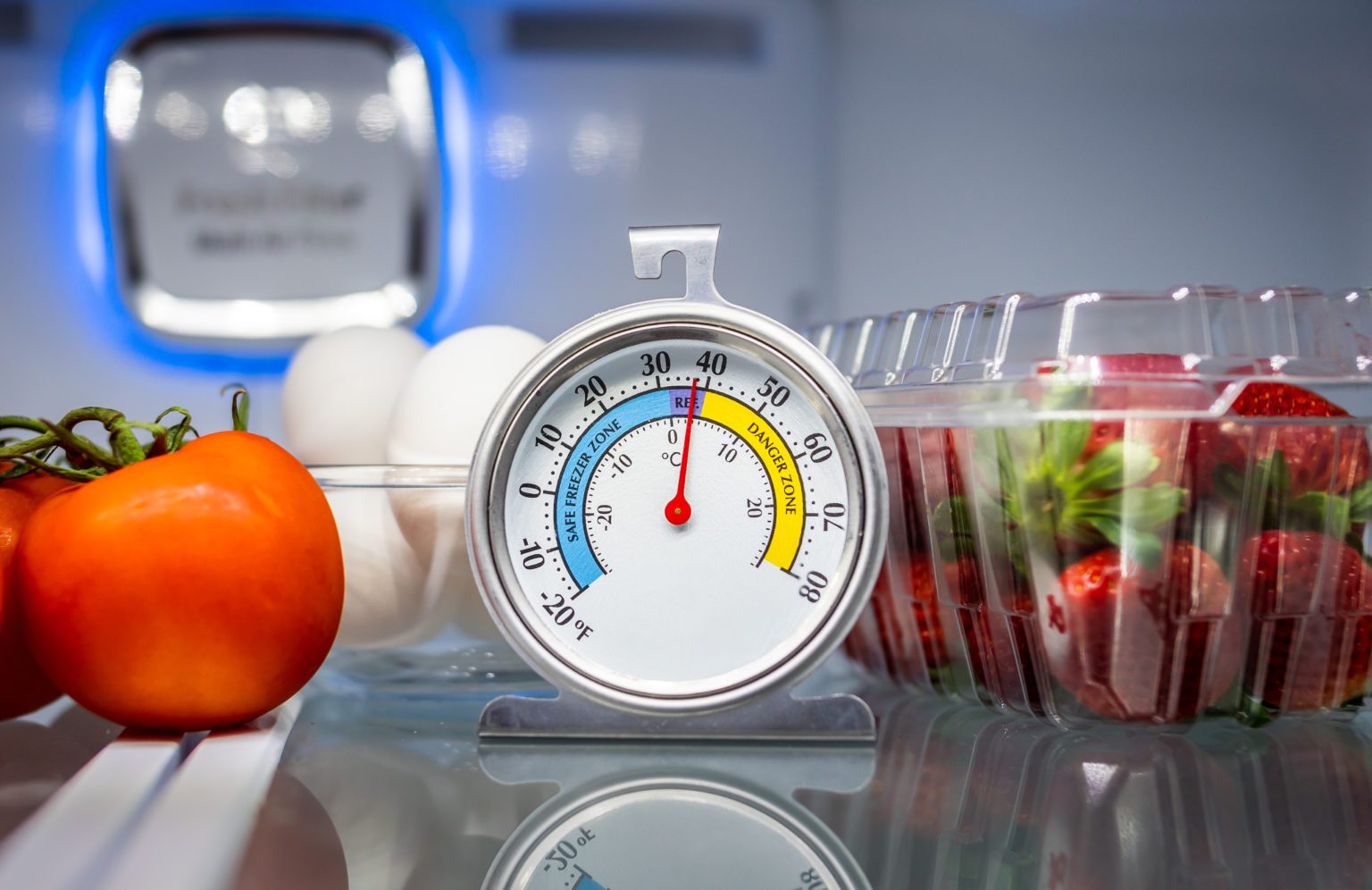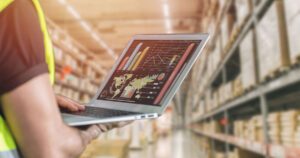In specialty food packaging, the transition toward a circular economy is paramount. The circular economy emphasizes recycling, reusing, and reducing waste to create a sustainable loop and minimize environmental impact. This approach is particularly vital in food packaging, where disposable materials like liners play a significant role. Sustainable disposal practices for liners help reduce waste and contribute to the broader objectives of environmental conservation and resource efficiency.
The Circular Economy and Specialty Food Packaging
The concept of a circular economy in specialty food packaging revolves around maximizing the lifecycle of packaging materials. This means designing packaging that can be easily recycled or repurposed, reducing the need for new materials. Liners used extensively to insulate and protect food products during transit are integral to this system. However, their disposal poses significant challenges. The industry can reduce its environmental footprint and contribute to a more sustainable future by focusing on sustainable disposal practices.
Upcycling Possibilities
Upcycling offers an innovative approach to sustainability by repurposing used liners into new, valuable products. Unlike recycling, which breaks down materials to create new ones, upcycling retains the original material’s integrity, often enhancing its value. For example, used foil bubble box liners can be transformed into durable bags, insulation materials for homes, or even protective covers for outdoor furniture. These creative solutions extend the life of liners, contributing to waste reduction and resource conservation.
Industry Initiatives and Programs
Nordic Cold Chain Solutions is at the forefront of promoting sustainable disposal of liners. Through strategic partnerships and in-house programs, the company is dedicated to minimizing the environmental impact of its products. Nordic’s commitment to sustainability includes efforts to design liners that are easier to recycle and initiatives to educate customers about proper disposal methods. These efforts are part of a broader corporate strategy to integrate sustainability into every aspect of the business.
Community and Industry Programs
Collaboration is key to driving sustainability in the food packaging industry. Nordic Cold Chain Solutions works with various industry players to enhance the sustainability of packaging materials. Community programs that focus on recycling and upcycling liners are essential. Companies can share best practices, develop innovative solutions, and create a more sustainable industry by working together. These collaborative efforts benefit the environment, promote corporate responsibility, and enhance brand reputation.
Looking to the Future
Liner bags have significant potential to strengthen the circular economy within the specialty food packaging sector. Through effective recycling and upcycling programs and by promoting sustainable disposal practices, the industry can significantly reduce its environmental impact. Companies like Nordic Cold Chain Solutions are crucial in this endeavor, leading the way with innovative solutions and strategic collaborations.
The transition to a circular economy requires industry-wide participation. The food packaging industry can make substantial progress toward sustainability by adopting sustainable practices and supporting initiatives that promote the recycling and upcycling of liners.







